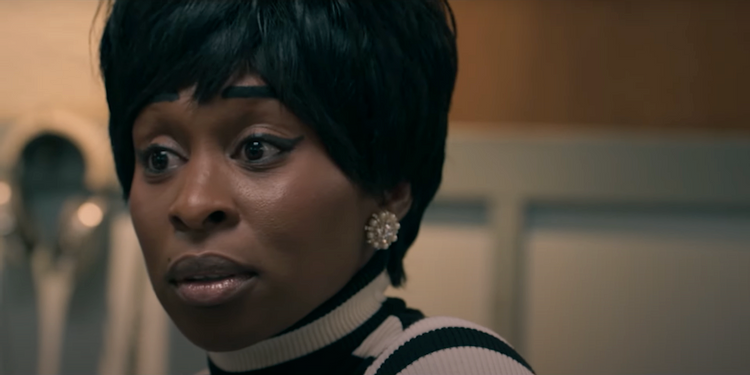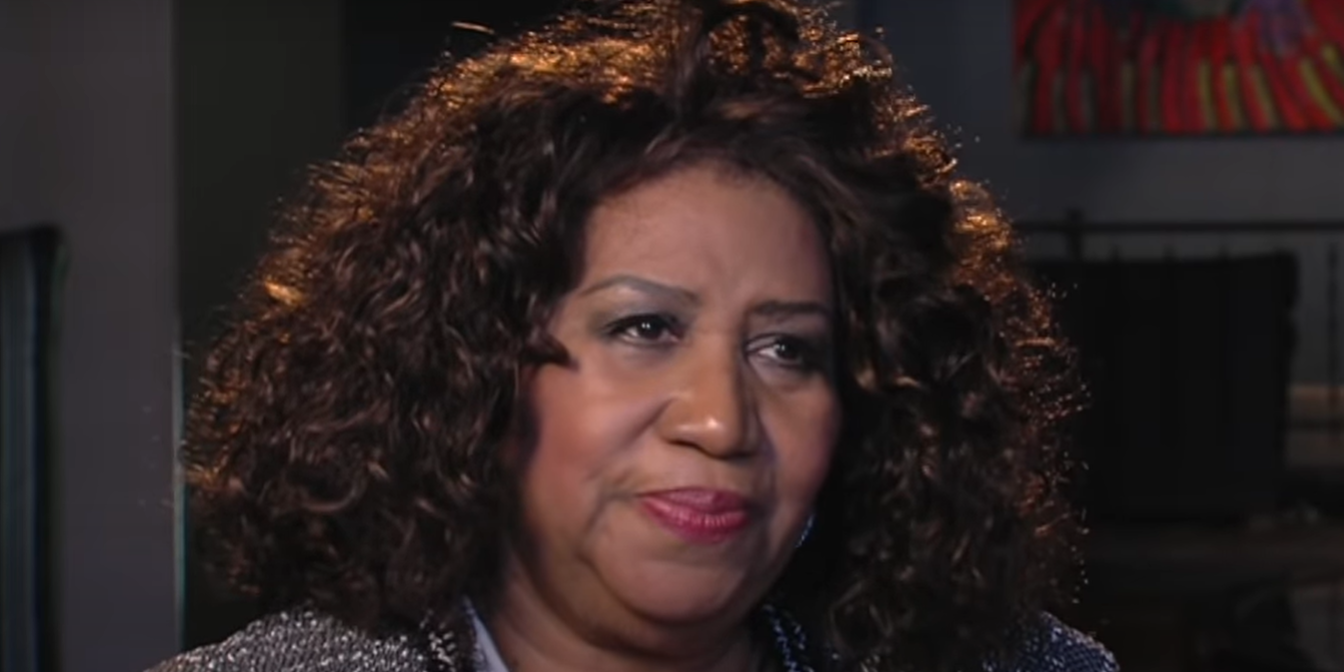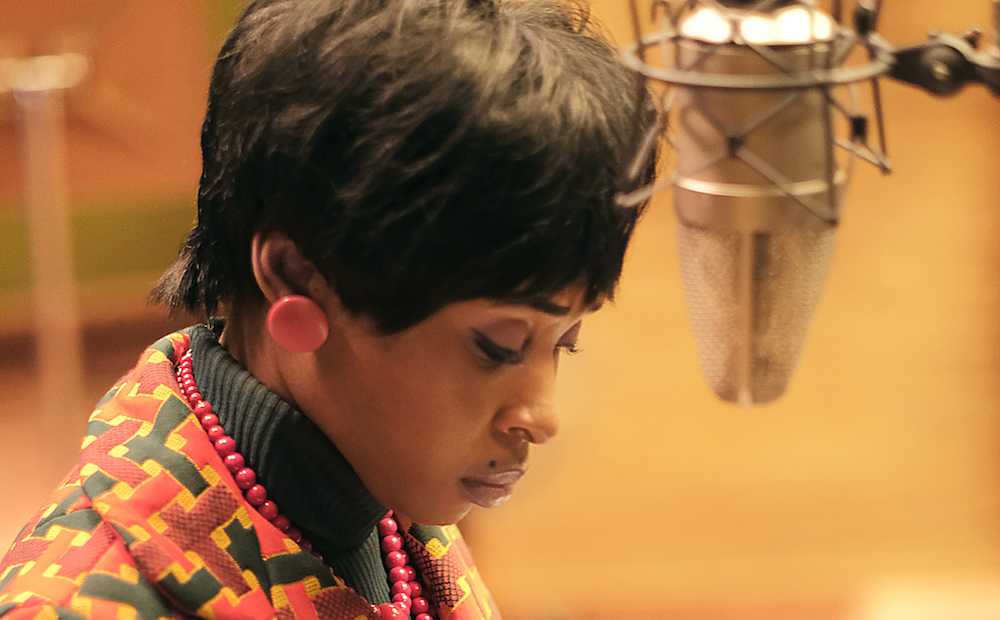‘Genius: Aretha’ is the third season of ‘Genius,’ an anthology period drama series that follows the most brilliant minds in their respective fields of work. While season one documents the life and work of Albert Einstein, season 2 follows the artist Pablo Picasso. In the third iteration of the show, we get a glimpse of how Aretha Franklin came to be the eternal presence in the world of music. Apart from topping the list of “100 Greatest Singers of All Time” by Rolling Stone magazine in 2010, Aretha received the Grammy Lifetime Achievement Award in 1994, the National Medal of Arts in 1999, and the Presidential Medal of Freedom in 2005.
The dramatized series offers an intimate look into her life experiences, involving her family, relationships, and the people that inspired her. Aretha Franklin passed away in 2018, but she is remembered as the “Queen of Soul.” The series touches upon sensitive aspects of the legend’s life, which makes us wonder how much of it is true? Here is what we know!
Is Genius: Aretha Based on a True Story?
Yes, ‘Genius: Aretha’ is based on a true story. The series sheds some light on how Aretha Franklin went on to become a global star, despite her struggles. By the time she was 15 years old, Aretha was already a mother of two children and had dropped out of school. However, nothing stopped her from pursuing her dreams of becoming a singer.

She was a self-taught musician and learned how to play the piano by ear. The third season of the show is created by Suzan-Lori Parks, who tried her best to capture the details of Aretha’s life as accurately as possible. To enable this, the production team worked hard to replicate the make-up and costumes. They used vintage cars for filming and even tracked down the fried chicken recipe that Aretha Franklin liked!
The series documents several unique things about Aretha Franklin that highlight how seriously she took her profession. An example is that she did not like air conditioning because she believed that it spoiled her voice. She insisted that people address each other formally and use “Mr.” and “Ms.” before their names. She used to keep her purse on stage during her performances and insisted on being paid upfront. That showed that she valued her talent and was not willing to be taken lightly. On a lighter note, she was also known for her sense of humor.
The show does not shy away from portraying her as a complicated personality driven by her ambitions. We see her complex relationships with her father, her sisters, and her significant others. These details have also been documented by David Ritz in the biography called ‘Respect: The Life of Aretha Franklin.’ While Aretha was worked hard to find solid footing in the industry, her sisters and grandmother helped raise two of her sons, Clarence and Edward.
You may find it interesting to know that her sisters Erma and Carolyn were also talented musicians but were often overlooked. Apparently, Carolyn was initially asked to record “Sparkle,” but instead, Aretha managed to bag the 1976 soundtrack. Therefore, they went through their highs and lows as sisters and professional contemporaries. On the other hand, Aretha’s mother died of a heart attack when Aretha was barely ten years old, so her father took on the responsibility for her and her siblings.

Although the series portrays Aretha’s father as the famous man with the “Million-Dollar Voice,” it does not hesitate to show the darker aspects of his personality. He was a civic leader and reputed pastor but had a turbulent married life, possibly due to alleged infidelities. In the biography written by Nick Salvatore, ‘Singing in a Strange Land: C.L. Franklin, the Black Church, and the Transformation of America,’ it is mentioned that C.L. Franklin fathered a child with a 12-year-old girl called Mildred Jennings.
Naturally, it was not easy for her to grow up in such a disturbed family environment. Having said that, the English actress, singer, and songwriter, Cynthia Erivo, portrays Aretha Franklin in the show. Erivo is a big fan of Aretha’s music and recalled meeting the legend on two occasions. She was particularly amazed by Aretha’s extraordinary gift to make music, although she could not read or write musical notes. Moreover, you may find it interesting to know that a body double had to step in for the piano scenes in the series since Erivo doesn’t play the instrument.
While the show tries to depict Aretha Franklin’s life as closely as possible, Aretha’s youngest son, Kecalf Cunningham, has strongly opposed this project. He claimed that the series was made without the consent of their family. However, ‘Genius: Aretha’ is not the only production to face the heat. Kecalf also opposed the 2021 film ‘Respect,’ which highlights Aretha Franklin’s life. He said that the film did not seek any inputs from him or his children. Aretha’s granddaughter Grace Franklin echoed the sentiment and said that they felt “extremely disrespected” by the oversight and warned the viewers about several inaccuracies.
https://www.instagram.com/p/CLKl_jsssQ9/
As a response, National Geographic acknowledged the concerns of the family and reassured them that the idea behind the series is to celebrate the legacy of Aretha Franklin. The producers of the show further added that everyone involved in the production approached the project with the utmost respect. They have also stated that they closely worked with Clive Davis and representatives of the family’s estate who knew Aretha closely. For those of you who did not know, Aretha Franklin herself had once approached Suzan-Lori Parks to create a stage show about her life. Therefore, there is no doubt that working on the series has been a fulfilling experience for the multifaceted playwright and screenwriter.


You must be logged in to post a comment.